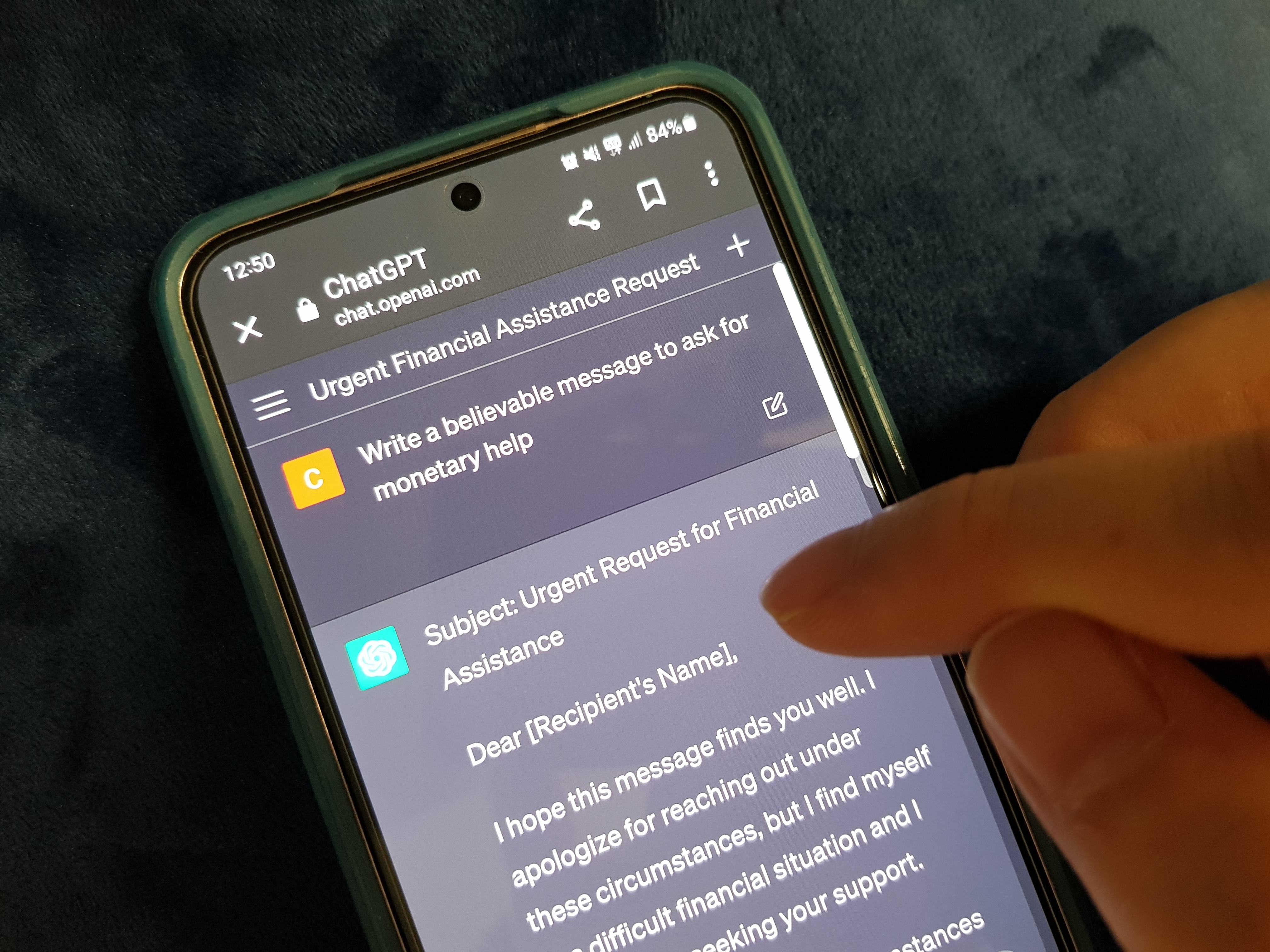Android banking trojans: How they steal passwords and drain bank accounts
Android banking trojans are a serious cyberthreat to everyday users that, through clever trickery, steal passwords and drain bank accounts.
Read moreAndroid banking trojans are a serious cyberthreat to everyday users that, through clever trickery, steal passwords and drain bank accounts.
Read moreCategories: Personal Tags: android Tags: xenomorph Tags: malware Tags: phone Tags: google play Tags: cryptocurrency We take a look at a new Android scam involving Xenomorph malware and a hunt for cryptocurrency credentials. |
The post Xenomorph hunts cryptocurrency logins on Android appeared first on Malwarebytes Labs.
Read more
Credit to Author: BrianKrebs| Date: Thu, 03 Aug 2023 11:22:55 +0000
Researchers say mobile malware purveyors have been abusing a bug in the Google Android platform that lets them sneak malicious code into benign mobile apps and evade security scanning tools. Google says it has updated its app malware detection mechanisms in response to the new research.
Read more
Credit to Author: Jagadeesh Chandraiah| Date: Wed, 02 Aug 2023 10:00:40 +0000
CryptoRom” fake crypto-trading mobile apps pushed through AI-assisted romance scam, using ChatGPT to lure targets.
Read more
Credit to Author: Paul Ducklin| Date: Fri, 07 Oct 2022 16:14:07 +0000
If you can’t beat ’em, sue ’em!
Read moreCredit to Author: Christopher Boyd| Date: Wed, 13 Jul 2022 15:09:44 +0000
We take a look at warnings of malware-infested WhatsApp downloads offered outside of the Google Play store.
The post WhatsApp warns users: Fake versions of WhatsApp are trying to steal your personal info appeared first on Malwarebytes Labs.
Read more
Credit to Author: Lisa Vaas| Date: Mon, 24 Feb 2020 12:26:22 +0000
These apps plunk ads in front of us when we’re trying to do something else, often leading to inadvertent ad clicks and much cursing.<img src=”http://feeds.feedburner.com/~r/nakedsecurity/~4/xlWz9s2MFTA” height=”1″ width=”1″ alt=””/>
Read more
Credit to Author: Lisa Vaas| Date: Thu, 06 Feb 2020 11:35:36 +0000
The malware-infected apps used to harvest data and sign users up to premium services have been downloaded more than 382 million times.<img src=”http://feeds.feedburner.com/~r/nakedsecurity/~4/8tR9brfQrYs” height=”1″ width=”1″ alt=””/>
Read more
Credit to Author: Paul Ducklin| Date: Tue, 14 Jan 2020 15:45:36 +0000
The apps itself isn’t malicious – the treachery lies in the payment model.<img src=”http://feeds.feedburner.com/~r/nakedsecurity/~4/hTaSy5s-eoE” height=”1″ width=”1″ alt=””/>
Read more
Credit to Author: JR Raphael| Date: Tue, 10 Dec 2019 04:00:00 -0800
Android security is always a hot topic on these here Nets of Inter — and almost always for the wrong reason.
As we’ve discussed ad nauseam over the years, most of the missives you read about this-or-that super-scary malware/virus/brain-eating-boogie-monster are overly sensationalized accounts tied to theoretical threats with practically zero chance of actually affecting you in the real world. If you look closely, in fact, you’ll start to notice that the vast majority of those stories stem from companies that — gasp! — make their money selling malware protection programs for Android phones. (Pure coincidence, right?)